Rarimo is a privacy-first, zero-knowledge (ZK), protocol unlocking a new generation of social apps. In February, Rarimo launched Freedom Tool, an open-source software for citizen-run, anonymized elections and polls, which solves the long-standing technical challenge of enabling digital identity checks while also protecting citizens from tracking.
Iranians Vote and Freedom Tool launches from Rarimo
Since its launch, Freedom Tool has been implemented in Russia and Iran. These use cases gave freedom fighters around the world a tool to make their voices heard and is a very real testament to the power of privacy to preserve human rights.
ADM: Do these votes get counted alongside official votes, and tell me about blockchain voting?
Rarimo: No. Although Freedom Tool can and is being used by governments, this particular app, Iranians Vote seeks to provide an alternative to a corrupt system, not to be an extension of it.
Iranians Vote gives dissidents a safe outlet for expression, is an invaluable tool for coordination amongst protesters, and reveals true public sentiment in Iran.
Voting will remain open for six months from June 2024, and the results will be published on the Gnosis blockchain where they are transparent and accessible to both the government and the public.
ADM: Can any Iranian citizen vote on the app? Even if they live outside of Iran?
Rarimo: Anyone with an Iranian passport, regardless of location, can vote on the app.
As with all Freedom Tool-supported applications, Iranians Vote users prove their eligibility to vote, by scanning their biometric passports with their phones. The data on the biometric chip inside the passport is verified, and with this confirmation of citizenship, uniqueness and age, an anonymous voting pass is issued.
These credentials are protected with zero-knowledge cryptography which severs any link between the voting pass and passport data. The passport data itself will never leave the mobile device used for scanning. This means that it never passes through a server and there are no points where it could be intercepted.
ADM: How can you filter the data to separate those with genuine dissenting views and those looking to tamper with results?
Rarimo: As well as protecting citizens from surveillance, Freedom Tool-supported applications like Iranians Vote leverage the immutability and transparency of the blockchain to protect votes from rigging.
To prevent governments from working out whether or not a citizen has registered to vote, and then penalizing them for using the app, Freedom Tool lets all passports repeatedly register, and then removes duplicate votes from the final vote count. This approach helps achieve a previously impossible feat: preventing double voting while also preserving untraceability.
ADM: How did you go about building trust and onboarding citizens on the app?
Rarimo: Particularly when being used in regimes, these applications are not designed to be one hit wonders. The potential risks associated with using them mean that trust needs to be deeply held and slowly built.
It is through its continued resilience to interference and surveillance that trust in Iranians Vote and all other Freedom Tool apps is building. As citizens observe that users are not and cannot be identified, they become more emboldened.
Auditing however, has played a crucial role in building the foundational layer of trust. The audits of Freedom Tool’s components (listed on Halborn’s website) covers the entire system – from applications that run on mobile phones all the way to the blockchain where the voting smart contract is deployed. Iranians Vote is built on this exact code base, and all of its components are included in these audits.
ADM: Where else has this technology been used?
Rarimo: Freedom Tool was first implemented in Russia in March. Mark Feygin, the exiled Russian Opposition activist, launched Russia2024, and used it to host a surveillance-free referendum that challenged Putin’s inauguration. Long-term, Feygin hopes to use the app to help opposition gauge public sentiment and develop policies and campaigns accordingly.
In coming weeks, an app built on a more advanced version of Freedom Tool will be rolled out by elected MPs in an upcoming election in Eastern Europe. This app will go beyond anonymous polling and also be used to launch civil engagement initiatives. If the leading opposition party are elected, they have also pledged to use it to digitize a handful of state services.
ADM: What is the significance of zero-knowledge technology?
Rarimo: The magic of zero-knowledge cryptography is that it enables one entity to prove to another that a certain statement is true, without revealing any additional information.
In the context of Freedom Tool, zero-knowledge technology allows people to verify their eligibility to vote, by confirming their age, citizenship and uniqueness, without revealing their identity. This in turn means they can vote without fearing surveillance or tracing.
Zero-knowledge tech is a critical piece of privacy infrastructure and is at the heart of many of the world’s most promising privacy solutions.
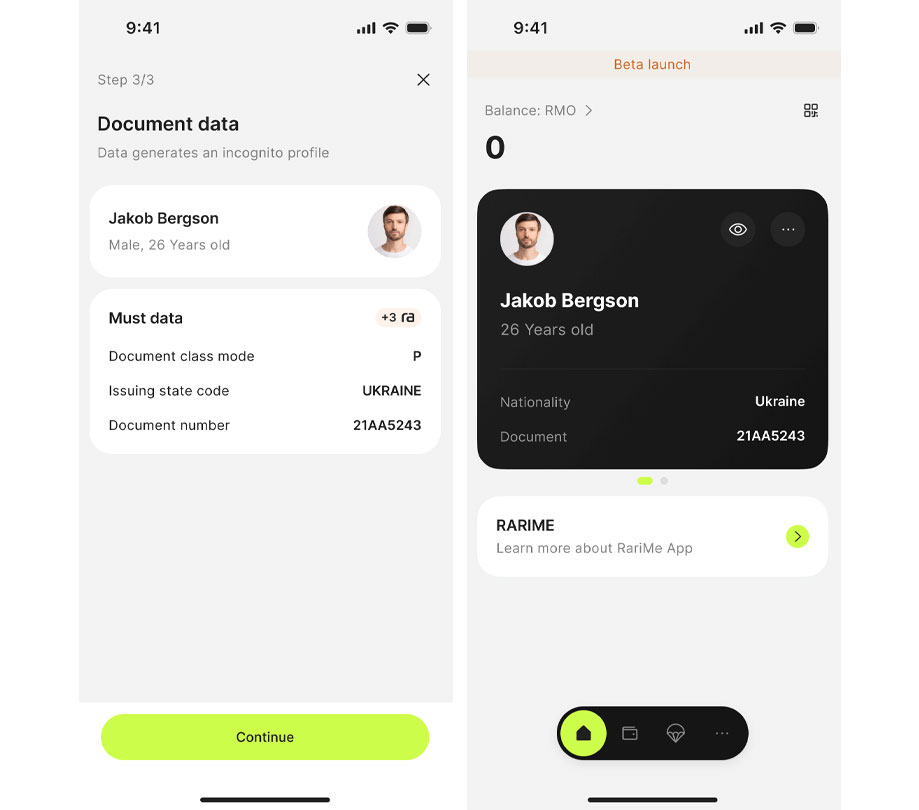
ADM: What’s the ideal end goal for this technology?
Rarimo: Iranians Vote and Russia2024 have served as early use cases for showcasing what Freedom Tool can achieve. Increasingly, we are seeing interest not only from activists and dissidents but from forward thinking governments and government officials around the world.
The long-term hope is that Freedom Tool will be used to strengthen pre-existing civil practices, such as electoral voting, but also to unlock new kinds of democratic experiments and processes. Voting can go beyond periodic elections, and there is infinite potential for individuals to make their voices heard.
Freedom Tool is only one solution in Rarimo’s toolbox. As a privacy-first social protocol, the broader vision is to continue building next-generation social apps that contribute to a freer-er, fairer world. Privacy is freedom and life is digital.
ADM: As an alternative to WorldCoin, how do Freedom Tools’ underlying verification methods (passport scans) compare to WorldCoin (eye scans) in terms of potential vulnerabilities and resistance to fraud?
Rarimo: WorldCoin uses orbs to scan eyeballs, whereas Freedom Tool and other Rarimo apps use phones to let users scan their passports.
Rarimo’s passport ZKPs also allows users to anonymously prove more about themselves than just their humanity. Users can also prove their age, citizenship, and sex.
Finally, with Rarimo, and passports. the user is the identity issuer!
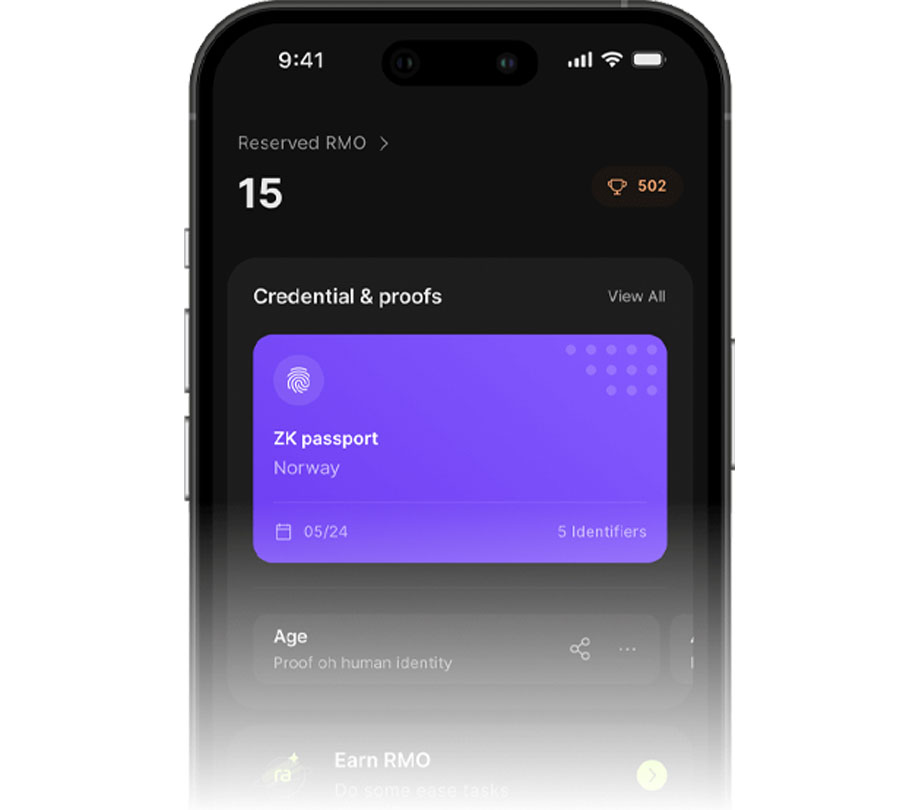
ADM: What are social graphs and why do they need to be protected?
Rarimo: Social graphs are the key component behind our online profiles. They map out relationships and interactions, reflecting our social media connections, browser search history and more.
To truly place power back into the hands of the users, our social graphs needs firstly to be private, and secondly verifiable. This allows us to privately store and protect our data but also prove aspects of our identity, or certain historical interactions whenever we need to.
Just one reason making the entire social graph private is so essential is that without it, privacy will always come at the cost of social capital and therefore struggle to scale. For the majority of our most meaningful online interactions, we want to know at least something about the people we are interacting with. If, for example, we see a tweet on X, we may want to know whether people we follow also follow and endorse them.
With private but verifiable identities, we can go incognito while also taking our history and reputation with us.
ADM: What other solutions has Rarimo developed to help protect digital identities?
Rarimo: In June, we launched the RariMe app which is a self-custodial identity wallet. The app uses the same passport scanning technology as Freedom Tool and allows users to generate zero-knowledge proofs that can verify your age, citizenship, uniqueness, and humanity whilst maintaining total anonymity.
RariMe enables any dApp or protocol within the Web3 space to request and use these proofs to verify a user’s identity. Upcoming use cases included programmable airdrops, a humanitarian aid-drop that puts money directly into the hands of Ukrainian citizens, and anti-sybil measures.
One of the beautiful things about RariMe is that every passport added to the system dilutes it and makes it even stronger and more robust. Projects that use it for say, anti-sybil measures are both protecting their own ecosystems, and our most vulnerable users who might be using Rarimo to say protest a local regime.
About Lasha Antadze
Lasha Antadze is the co-founder of Rarilabs (formerly Rarify Labs), a company advancing Rarimo, the privacy-first ZK social protocol. In 2022, Rarilabs received US$10 million in a Series A funding round from Pantera Capital at a $100 million valuation.
As a serial founder, Lasha has close to a decade of experience in the blockchain industry. Prior to Rarilabs, Lasha co-founded decentralized auction platform Shelf Network, which was recognized by the 2018 Frontier Innovations Awards as the best blockchain use-case for the real world, and was acquired by the Aurora Group in 2022.
As early as 2015, Lasha led the first government blockchain initiatives as a part of the anti-corruption reform. His earlier roles include work on the Ukrainian government’s eID project to transition various state processes onto the blockchain and EU’s Stork 2.0 digital signature standardization, placing him in a distinctive position at the intersection of identity and Web3.
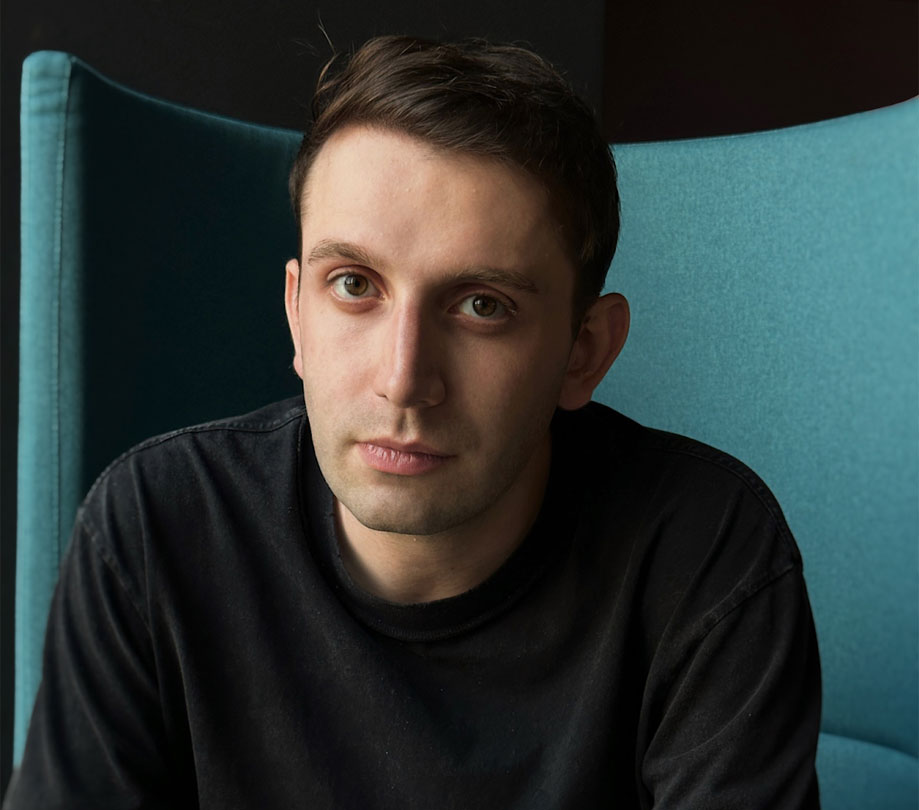
Become a subscriber of App Developer Magazine for just $5.99 a month and take advantage of all these perks.










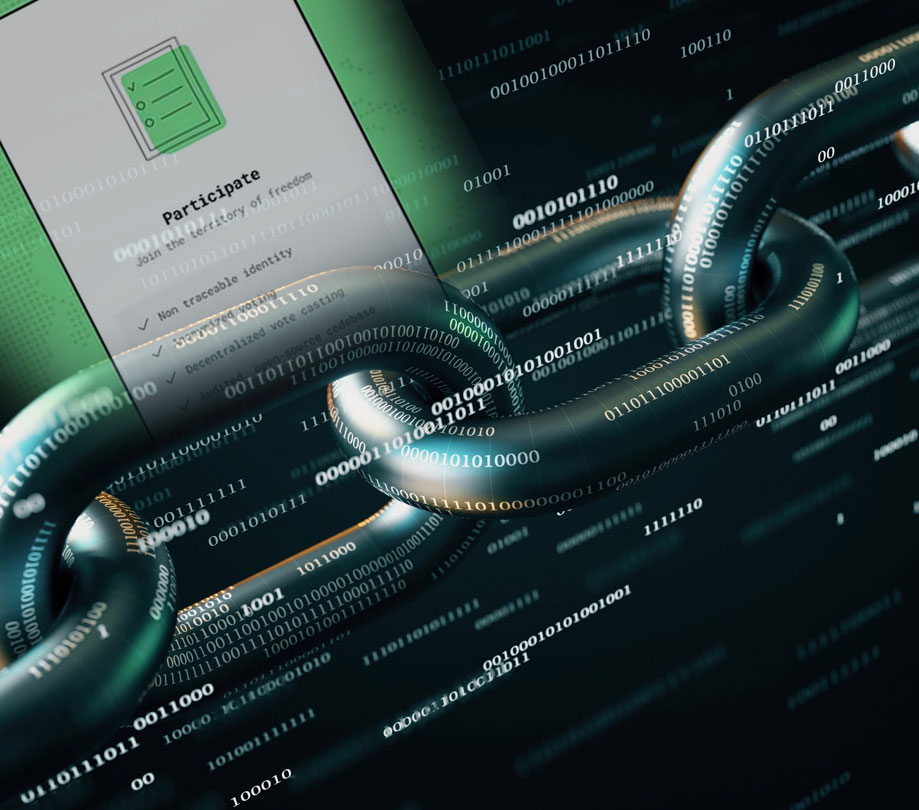

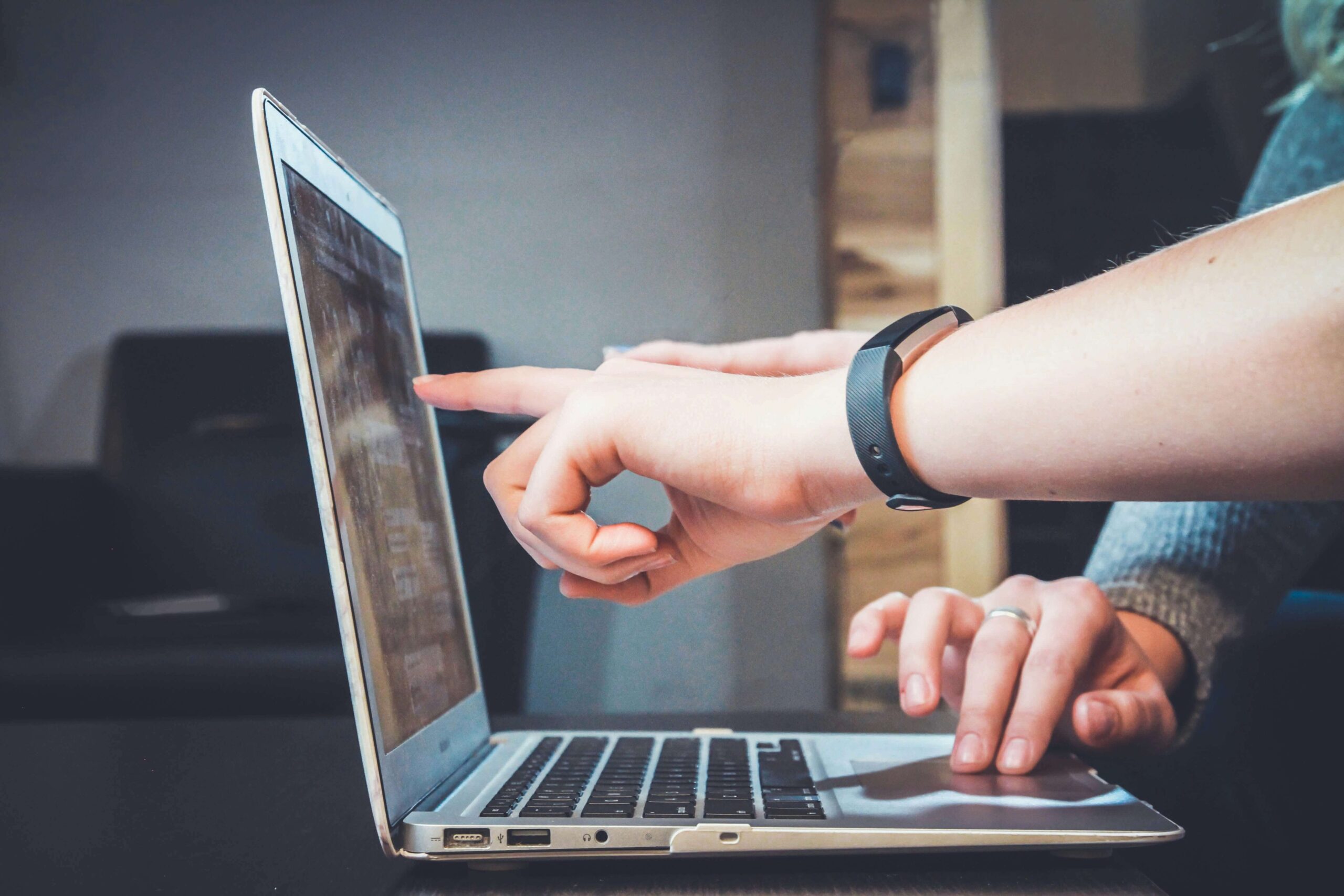






Discussion about this post